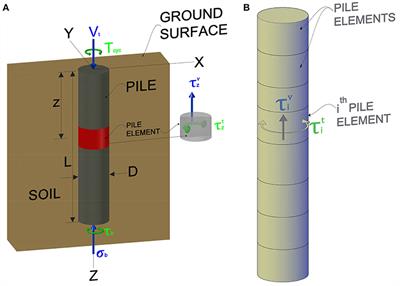CORRECTION
Published on 07 Aug 2020
Corrigendum: Numerical Simulation of the Dynamic Response of Ballasted Track Overlying a Tire-Reinforced Capping Layer
doi 10.3389/fbuil.2020.00115
- 1,062 views
- 1 citation
7,928
Total downloads
51k
Total views and downloads
CORRECTION
Published on 07 Aug 2020
EDITORIAL
Published on 29 May 2020
ORIGINAL RESEARCH
Published on 17 Mar 2020
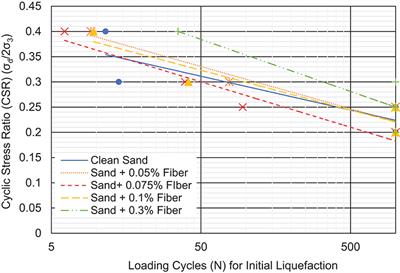
ORIGINAL RESEARCH
Published on 13 Feb 2020

ORIGINAL RESEARCH
Published on 05 Feb 2020
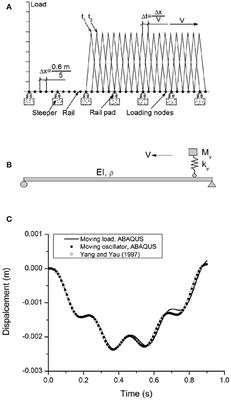
ORIGINAL RESEARCH
Published on 14 Jan 2020
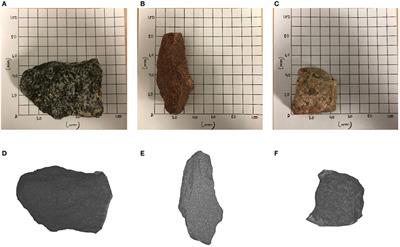
ORIGINAL RESEARCH
Published on 19 Nov 2019
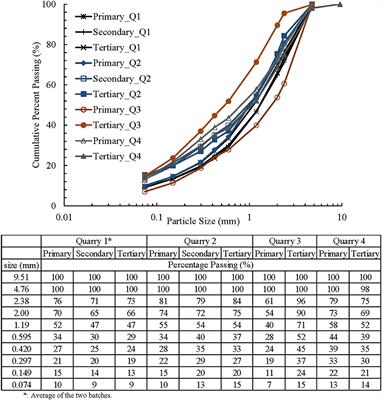
ORIGINAL RESEARCH
Published on 19 Nov 2019
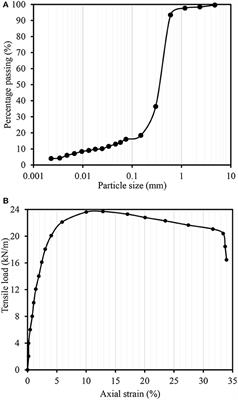
ORIGINAL RESEARCH
Published on 15 Nov 2019
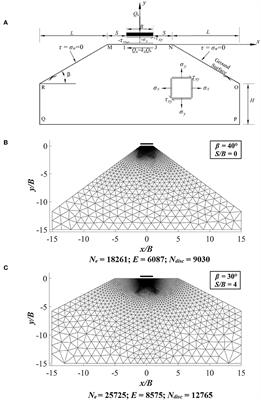
ORIGINAL RESEARCH
Published on 22 May 2019
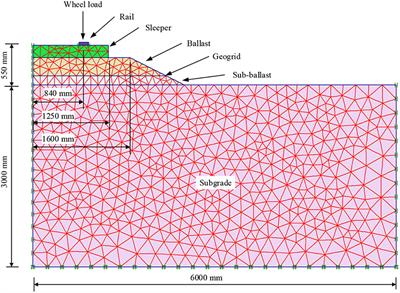
ORIGINAL RESEARCH
Published on 29 Mar 2019
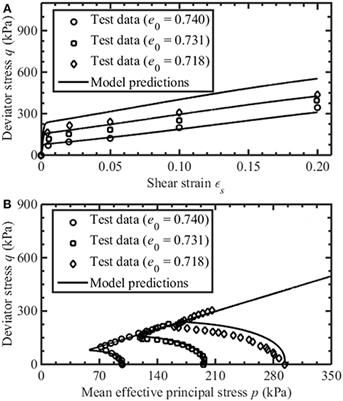
ORIGINAL RESEARCH
Published on 08 Mar 2019
